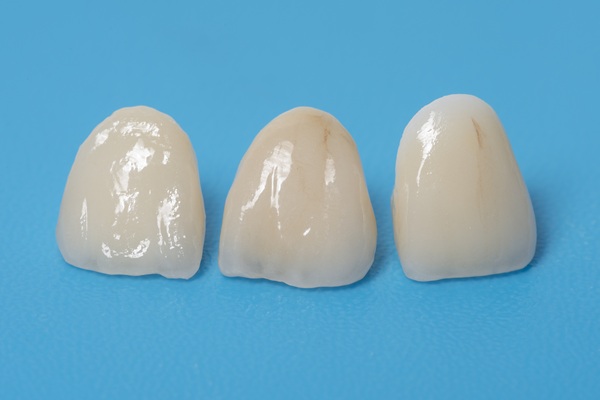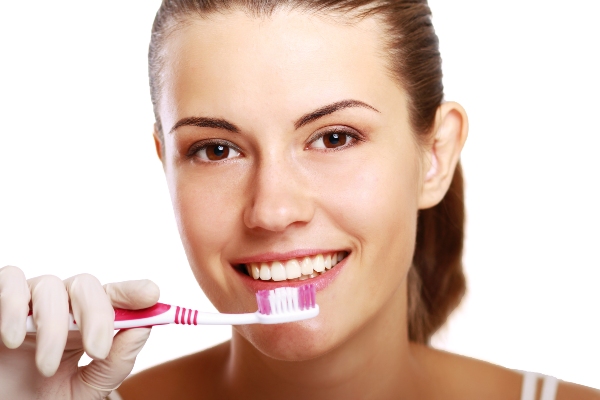 After experiencing a tooth injury, you have a better chance of saving your tooth if you go to an emergency dentistry office as soon as possible. Even if the tooth is knocked out, attempt to locate and bring along any tooth fragments. You are probably in a lot of pain if you have had a dental emergency. In the long run, delaying treatments prolongs the agony you will endure. Getting pain medication and immediate treatment from a dental professional is possible.
After experiencing a tooth injury, you have a better chance of saving your tooth if you go to an emergency dentistry office as soon as possible. Even if the tooth is knocked out, attempt to locate and bring along any tooth fragments. You are probably in a lot of pain if you have had a dental emergency. In the long run, delaying treatments prolongs the agony you will endure. Getting pain medication and immediate treatment from a dental professional is possible.
The need for prompt dental treatment
Undergoing treatment minimizes the risk of infection. Any form of tooth damage might lead to an infection. The longer patients wait before undergoing treatment, the worse the condition gets. Untreated oral infections may spread to other body regions, resulting in severe illness. After an oral injury, a quick visit to an emergency dentistry office may help alleviate immediate pain and prevent other issues down the road.
A dental emergency may arise for various reasons, including car accidents and sporting injuries. Patients should have their mouths checked by a dentist to see if they need any treatment. The following are reasons to visit the dentist for treatment.
Risk of oral infection
Dental trauma often exposes the root and underlying layers of teeth. These places might get infected if bacteria build up there. A cut or laceration may also exacerbate oral infections on the gums. The tooth's long-term health might be at risk due to a dental condition. The dentist may help avoid infection by repairing damage to the teeth and gums.
Tooth injury may cause tooth loss
Dental trauma often results in tooth damage. A mouth injury often results in teeth being chipped, broken, or knocked free from their sockets. To prevent tooth loss, a dentist must fix a knocked-out tooth as quickly as feasible. A dentist can reinsert a knocked-out tooth in certain circumstances if patients get immediate attention.
Risk of undetected complications
Since jaw injuries might go unnoticed after a vehicle accident because of the shock and adrenaline, it is crucial to visit the dental office as soon as possible for treatment. The dentist will examine the patient's jaw issues and treat them before they become more problematic.
Discomforting symptoms
Dental trauma may cause teeth to be inflamed and sensitive, making it difficult to eat and speak. Most individuals wish to treat these issues as soon as feasible to avoid pain. Patients may also experience severe discomfort due to damage to the mouth's soft tissues (such as the gums).
Tooth discomfort is a common reason for seeing a dentist. However, any damage to the teeth or gums should not be overlooked to avoid significant complications. In addition, there is a chance of infected and injured nerves or blood vessels.
Conclusion
The teeth might be injured at any time of the day. For example, the teeth might be knocked out when participating in an active sport or leisure activity. In addition, when a dental crown or a tooth filling falls out, or if a toothache prevents you from sleeping or eating correctly, you may experience pain and suffering. If you have suffered a dental injury, you should immediately seek medical attention at the emergency dentistry office.
Request an appointment or call Martin Dentistry at 209-299-7907 for an appointment in our Stockton office.
Related Posts
Wondering what a general dentist can do for a broken tooth? Read on to learn more. Having a broken tooth can be destabilizing. The incident can happen after falling, or even eating ice or hard candy. The good news is that a general dentist can address a broken tooth. The extent of the damage will…
If you think you have a dental abscess, you should see an emergency dentist as soon as possible. An abscess is a dental infection that causes pus to collect in or around a tooth. Periodontal abscesses originate from the structures around the tooth, such as the jawbone or gums. Endodontic infections originate from inside the…
An emergency dentist can provide swift treatment for urgent dental issues, allowing patients to enjoy faster relief from pain and other serious symptoms. If an emergency with your teeth, or a loved one's teeth, arises you will likely be scrambling for help. While you should call 911 if a situation seems life-threatening or if other…


